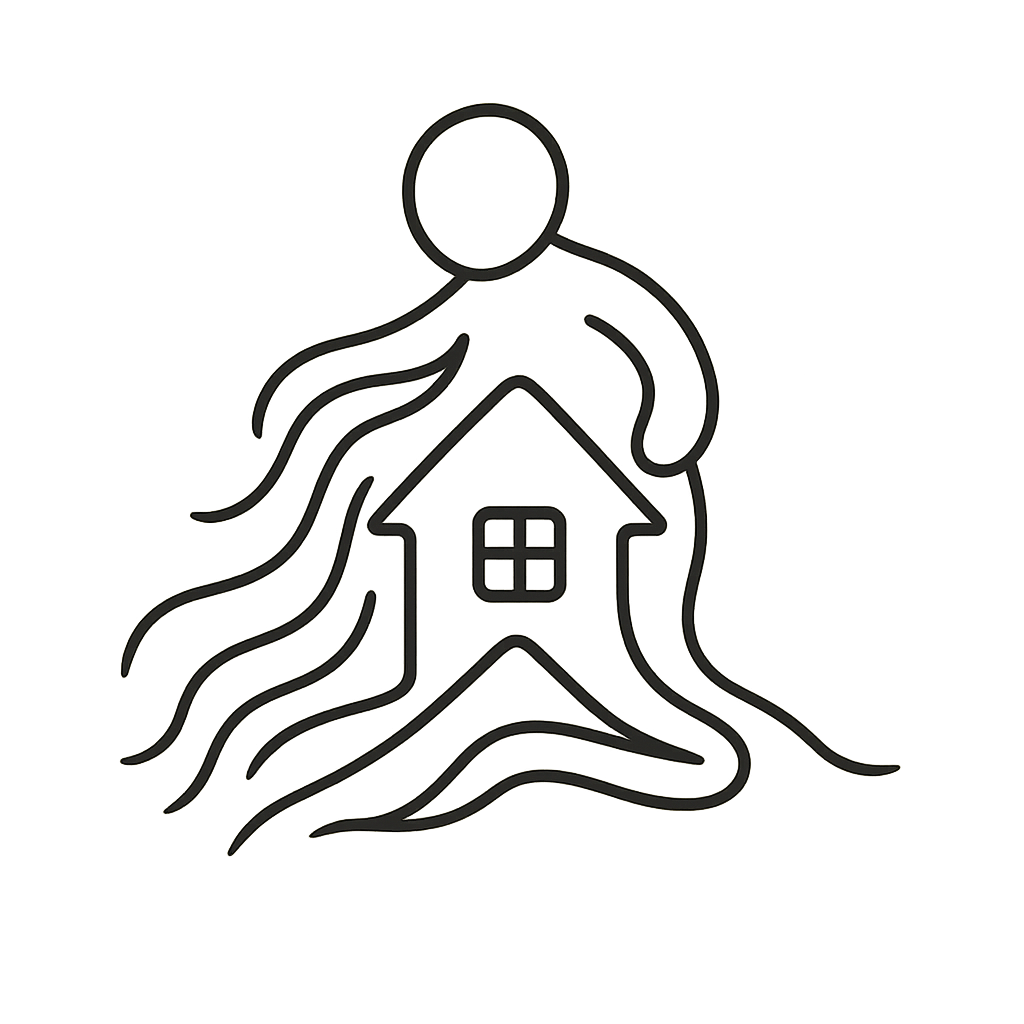
Kids Home Dream Meaning
The Symbolism Behind Dreaming of Your Childhood Home: Exploring Your Subconscious
Explore the symbolism of dreaming about your childhood home and uncover what your subconscious might be revealing about your emotional landscape.
Analyze your dream instantly with Onira
AI-powered insights, private by design. Free on iOS and Android.
Introduction
Have you ever woken up from a dream where you've found yourself back in your childhood home, surrounded by the echoes of youthful laughter and the vivid scenery that was once part of your everyday life? Such dreams can feel strangely nostalgic and deeply intriguing. Your subconscious might be weaving a tale that taps into unresolved emotions and cherished memories, offering a window into aspects of your life that may need reflection or closure.
🧠 Psychological Interpretation
Connection to Core Feelings
Dreams about your childhood home often mirror your core feelings, the foundational beliefs that were crafted during those impressionable years. The dream could highlight unresolved childhood issues or emphasize a longing for simpler times when responsibilities were minimal.
Longing for Security
Your childhood home may symbolize sanctuary and security from past memories. It can represent a return to foundational truths or a retreat to a place where you found safety. This might appear during times of change or when current challenges seem overwhelming, urging you to revisit personal pillars of strength.
Unresolved Issues
Experiencing your childhood home in a dream could signify a need to address unfinished business from the past. This might involve recognizing relationships or emotions you have neglected over time, prompting reflection, forgiveness, and healing.
🔬 Scientific Perspective
Nostalgic Brain Circuits Activation
According to a study by Harvard psychologist Deirdre Barrett, dreaming in familiar settings—like your childhood home—triggers the nostalgic brain circuits. This often reflects emotional reassurance and memory consolidation, helping the brain process existing experiences by linking them to past emotions.
Emotional Self-Regulation in Dreams
Dr. Rosalind Cartwright's research indicates that dreams simulate experiences that trigger emotional responses like anxiety or nostalgia, thereby enabling the processing of complex feelings. This could also be your brain's method of emotional self-regulation, offering a safe haven through the imagery of your childhood home.
🛠️ Practical Tips
Keep a Dream Journal
Keep a dream journal by your bed and note down every detail you recall. Over time, patterns may emerge, helping you understand emotional connections and changes in your life.
Seek Professional Guidance
Consult with a therapist or counselor if recurring childhood home dreams evoke intense emotions. They can help unravel deeper psychological contexts and unresolved issues.
Reflect on Recent Life Changes
Reflect on your current life situations. Are there recent changes or challenges that might be triggering these dreams? Often, the context around your dream provides hints at its meaning.
Conclusion
Interpreting your dream is like undertaking a personal journey within, offering insights, possibilities, and much to ponder about life. Remember, the essence of understanding is not about finding absolute truths but about discovering what resonates with you. Keeping a dream journal and discussing your dreams with trusted friends or therapists may offer even deeper insights and awareness. Listen to your dreams, honor their cryptic messages, and let them illuminate aspects of your inner self.
Free Dream Analyzer
Paste a dream into Onira to get personalized, neuroscience-informed insights in seconds.

Embark on a journey of self-discovery
Meet your intelligent dream journal, and transform your wildest dreams into meaningful insights. Download today.
Instant Setup
Start logging your dreams in seconds. No complex setup required.
Cross-Platform
Sync your dreams across all your devices seamlessly.
